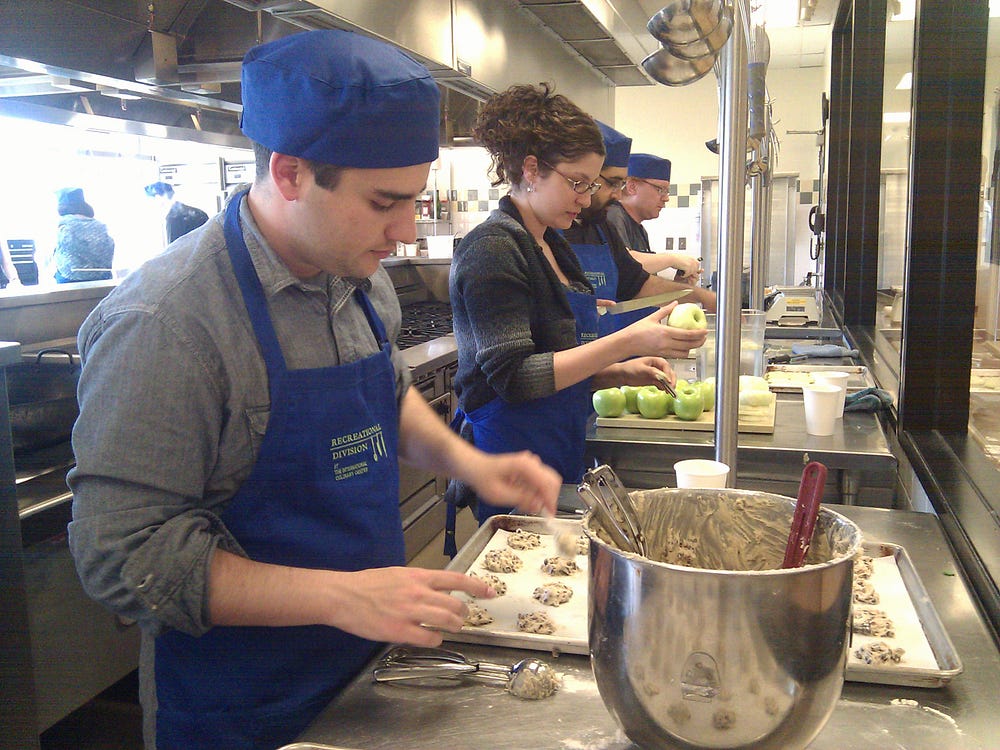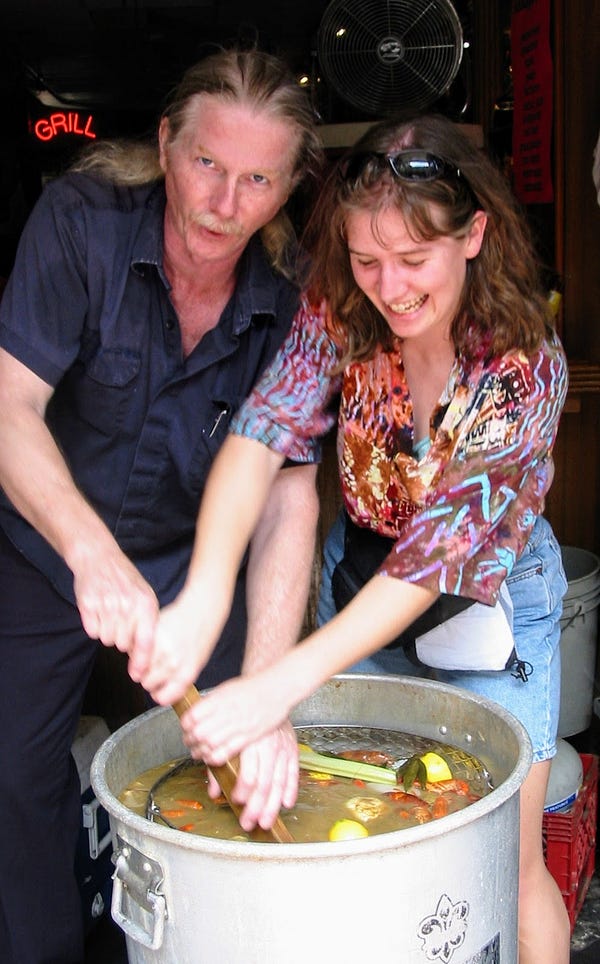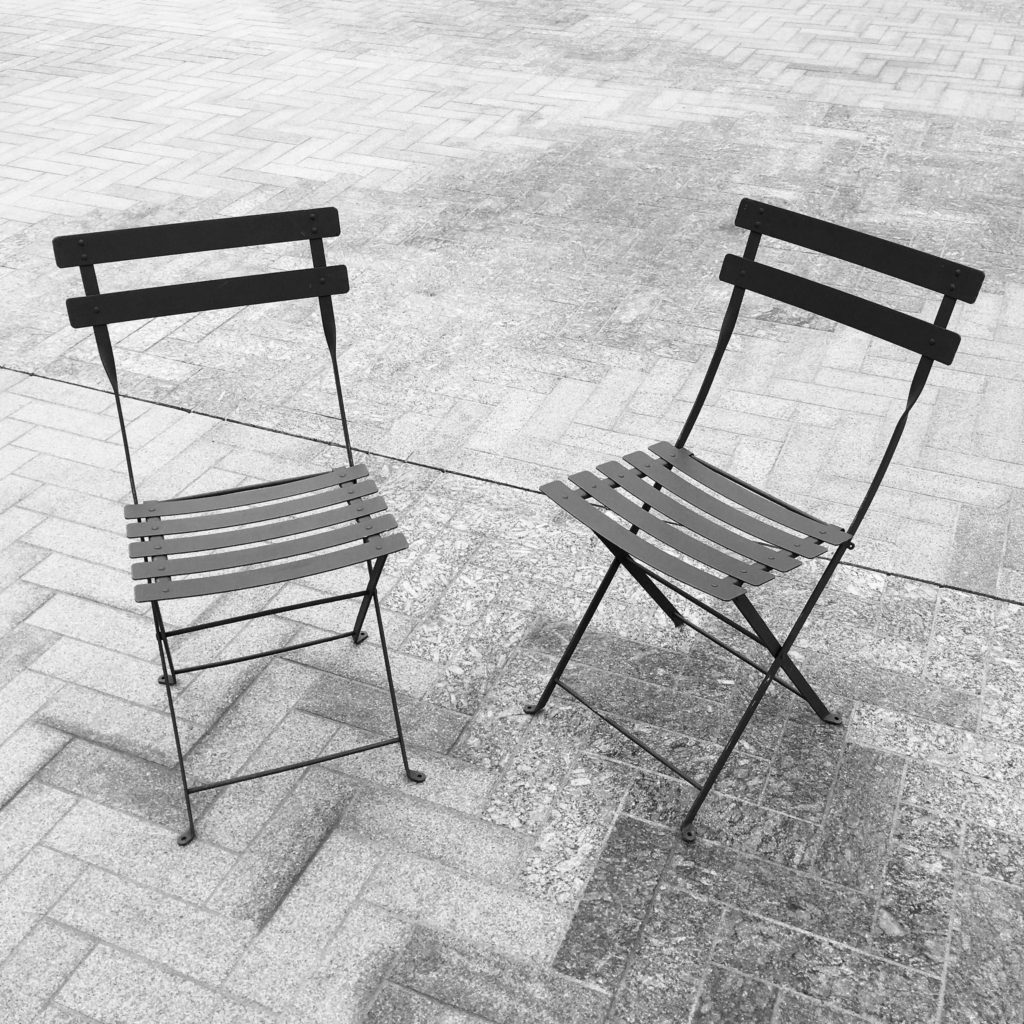It’s become unacceptable to not know it all. And in today’s world of information overload, that’s not ok. It’s not doable, so we are fooling ourselves.
I find myself silently thanking people who look confused when some famous person is named or some incident is mentioned or a meme is laughed at. Keeping track of all the current affairs is getting harder and harder and the looks when you don’t know what they are referencing are getting more and more incredulous.
I care. I really do. I care who leads our country. I care about all the issues facing us. I care about who (and what) is influential today. I care about all the people negatively (and positively) affected by daily events. I care about all the people affected by our changing political climate. But I can’t keep track of them. And I certainly can’t be educated on all of them and be a good advocate for the right thing all the time.
It used to be that you were well educated if you knew your political leaders, their competition, the capitals of every country, the name of their leaders and their basic political structure. In addition, you usually also knew about major conflicts and the top issues facing every region.
Now you are expected to know about hundreds of famous influencers, thousands of issues and millions of affected people.
I don’t know about you, but I can’t keep track of *all* current affairs and do my job and raise my kids and stay healthy. I can’t advocate for all the worthy causes out there. And that’s ok. However, I need it to also be ok for everyone to ask “dumb†questions. When someone doesn’t know what’s going on in Alabama, it should be ok for them to say “so what just happened in Alabama?†and not get incredulous stares that they haven’t been following their Facebook feed.
We seem to have decided that it’s not only important for everyone to know everything but it’s important for everyone to share their opinion about every major happening on social media or they aren’t supporting the cause. It’s like people feel as if they aren’t a good person if they don’t like or share every worthy announcement. Like they aren’t a good person if they aren’t informed about every trending topic. (I’ll ignore for now whether or not the trending topics are actually representative of current affairs.)
I make sure I make educated votes. I try to follow the high level news. I read the newspaper and my social media feed every day. I ask questions in conversations when I don’t understand all aspects of the issue. I speak out when people seem to be forming opinions based on missing information. And I try to be brave enough to ask questions when I have no idea what people are talking about.
Let’s focus again on the level of news that lets us all make a difference, not the level that makes us all feel like it’s a full time job to stay in touch with the world and so we tune out because we already have several full time jobs.
Originally published on Medium.





